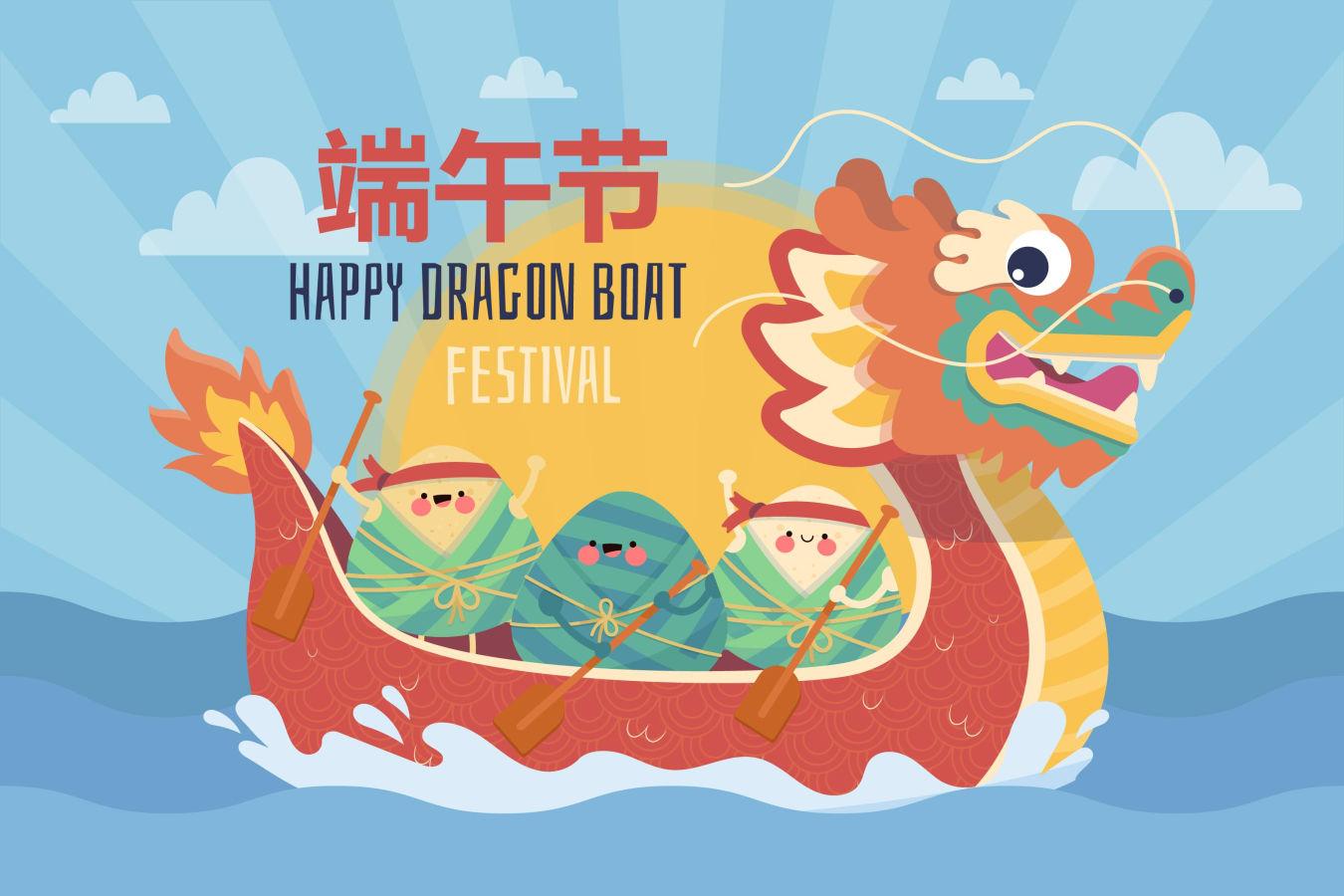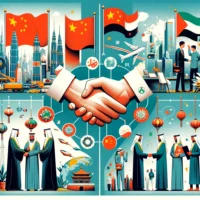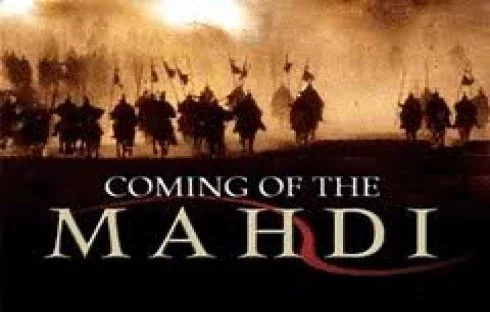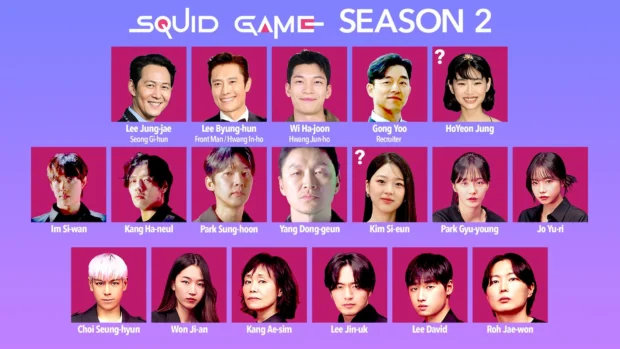
Dragon Boat Festival: History, Traditions, and Celebrations
One of the most colourful and culturally celebrated festivals in China is the Dragon Boat Festival, also known as the Duanwu Festival. Every year, on the 5th day of the 5th month of the lunar Chinese calendar, people celebrate it with dragon boat races, the consumption of zongzi, and other traditions. The festival is a legend based on real-life events, and the great poet Qu Yuan remains immortal in our hearts. In the depths of the Dragon Boar Festival’s multitudinous meanings, we discover the historical origins, the importance of the typical customs, and their global acceptance.
Dragon Boat Festival
The Dragon Boat Festival: Full of Historical and Cultural Flavour, This Traditional Festival Will Fascinate You In essence, it is a time to bring families and communities together to remember their ancestors and undertake a variety of joyful and meaningful activities.
**The Spirit of the Festival**
The deep cultural and historical roots of China make the Dragon Boat Festival appealing. A timIt serves as a moment to contemplate the past, embrace the present with pride, and look forward to the future. a holiday whose tradition and ceremonies run deep with symbolism, and it impacts all the layers with profound depth in each one of them.
**Origin and Historical Backdrop**
The festival began over 2000 years ago. According to legend, the custom began during the Warring States period as a way of mourning Qu Yuan, a famous poet and statesman who drowned himself in the Miluo River. The great warrior and poet Qu Yuan, who despaired of the treachery he saw among his circle, threw himself into the Miluo River. In keeping with local sentiment, mariners set forth in their boats to save him—or, if that proved impossible, to retrieve his body—creating the tradition of dragon-boat racing.
**Contemporary Global Celebrations**
We now refer to it as the Dragon Boat Festival, and Chinese people celebrate it not only in China but also in numerous other places around the world. Thanks to events on land and water, such as dragon boat races held annually in Asia, in North America, in Europe, and elsewhere, people found a new way to communicate in the cross-cultural world.
**Relevance of the Dragon Boat**
The dragon boat, a narrow, long wooden craft with its colourful design, is an enduring symbol of the Dragon Boat Festival. More than just a vessel for racing, these boats signify the power, solidarity, and resilience of the Chinese.
Symbolism and cultural significance
Dragons are a major part of Chinese culture, as they are the symbols of power, wealth, and protection. Therefore, the dragon boat represents these values, and during the festival, it serves as a tribute to these ancient beliefs. Placed at the forefront of the boat, the adorable and powerful dragon head is famed for its ability to defeat evil spirits and invite good luck.
Dragon Boat Building and Design
Building a dragon boat is a precision job that demands a high level of expertise. Teak wood often constructs Millenniums, which range in length from 40 to 100 feDragon-like scales, claws, and tails, along with intricate patterns, contribute to the overall splendor of dragon boats. ty. Every single boat is a work of art, a standing ovation to the workmanship and devotion of the craftsmen.
Qu Yuan and His Legacy
Qu Yuan’s legacy forms the foundation of the Dragon Boat Festival. The rites and activities of the festival annually honor his life and his antiquated contribution to Chinese letters and culture.
Historical Context Behind Qu Yuan
Qu Yuan, a barrister and poet, was a minister of the State of Chu during the Warring States Period. His steadfast loyalty, patriotism, and “no holds barred” attitude towards protecting what is sacred to him make him almost a symbol of morality. These events, which were a reflection of political machinations and scheming, resulted in his exile and eventual suicide in the Miluo River, leaving a lasting impact on Chinese history.
Qu Yuan, and His Influence on the Festival
The Dragon Boat Festival commemorates the death of Qu Yuan. The dragon boat races are held in a desperate attempt to locate Qu Yuan, after which participants prepare rice dumplings, known as zongzi, to toss into the river to keep fish away from his body. These traditions have morphed over the years, but the original concept behind them remains: to memorialise Qu Yuan and his everlasting impact.
Traditions and customary practices
Chinese traditional culture The Dragon Boat Festival is one of China’s most traditional festivals, and it has no lack of depth. This gives people a connection to their heritage and reflects the festival’s age-old cultural importance.
**Preparation of Zongzi**
Representative Zong, a traditional food made of glutinous rice wrapped in leaves with many fillings, is also a symbol of the Duan Wu Festival. Making zongzi is a social event that families bond over. The fillings run the gamut from sweet to savoury, with renditions featuring ingredients as diverse as red bean paste, jujube, pork, and salted egg yolks.
**Pulling the Five-Colour Strands Together**
People tie five-colored threads on the hands, feet, and necks of their cousins at the wrist, above the ankles, and on the neck. In red, yellow, blue, white, and green, they say the threads protect children from evil spirits and bring good luck. Reading to your child is such a wonderful example of parents’ genuine love.
**Wearing Perfumed Sachets**
Another time-honoured tradition that goes far, far back is Scented Sachets. The sachets contain pungent-smelling herbs and spices thought to have protective qualities against illness and all-around bad luck. Usually, they feature intricate embroidered patterns that function as talismans and adornments.
Dragon Boat Racing
Dragon Boat Racing The dragon boat races are the most exciting part of the Dragon Boat Festival. These races are a true test of speed and endurance, but they are also a celebration of teamwork and coordination.
The Excitement of the Race
Thousands of spectators flock to dragon boat races, watching teams compete against each other in lively races. The races are defined by drum beats, rowers paddling together, and the rivalry between teams. The festival’s spirit is an event full of energy as communities come together in a show of unity and strength.
Guidelines and team structures
Adhering to a clear set of rules designed to represent fair play and safe racing, Dragon Boat races even the odds for every ordering crew. Teams of twenty paddlers, along with a drummer and steersman, typically race boats. A rower will push their right leg forward with the appropriate force, while the remaining rowers will press their left legs back at the correct angle and with the necessary power to propel the boat down the river. He told the inquirer: Even in the pantheon of drummers, the drummer sets the pace and the steersman charts the course.
Training and preparation
Dragon boating is no laughing matter; it takes a lot of hard work and discipline. In some cases, many teams train months in advance, preparing their bodies to perform with strength, endurance, and synchronization. They create dialogue between players to allow them to communicate quicker, which in turn has a positive effect on their results on and off the field of play.
Global Impact and Reputation
It has gained global acceptance as a source of pride for society, it has gained global acceptance, which speaks volumes about its cultural importance and appeal. The festival has grown far beyond its roots and has become an international celebration of Chinese culture.
His work extended beyond the borders of China.
Over time, the conservation of dragon boats has spread to various parts of the world, garnering celebrations from even the most remote communities, thereby initiating a global cultural mission. Many countries, including the USA, Canada, Australia, and some European nations, now conduct dragon boat races. They served this past May, and they will continue to serve next May. Our hope is that they will meticulously learn the principles of teamwork and unity of this festival through various other cultural celebrations.
**UNESCO Recognition**
In 2009, the UNESCO Representative List of the Intangible Cultural Heritage of Humanity included the Dragon Boat Festival. This award emphasizes the cultural value of the festival and signals to future generations that this treasured tradition is worth saving.
generations.
**Culinary Delights**
Foods are the most important part of the Dragon Boat Festival, and some common traditional dishes are very delicious and meaningful. The smells would give visual cues as to the festival’s history and culture as you take a culinary tour down through the ages.
Traditional Foods Classical Food and Their Profounds
The foods at the Dragon Boat Festival have symbolic meanings. The festival’s most famous food is zongzi, which symbolizes the sacrifices made to Qu Yuan. You will also see various sweet treats to further the festive mood of the celebrations, along with salted duck eggs, another traditional dish that symbolises prosperity.
Ingredients for Zongzi and its Types
There are also many regional varieties of zongzi, each with different regional specialties. Fillings vary widely, both sweet and savoury, along with all of the culinary traditions throughout China. Popular fillings include red bean paste, lotus seeds, dates, pork belly, salted egg yolks, etc. The bamboo leaves used to encase zongzi add a unique fragrant flavor to the rice, as well as enriching the flavor profile.
**Cultural Performances**
The Dragon Boat Festival is also a pageant of arts featuring local flavour, pulse, and sound within the cultural performances that trace to China’s rich cultural heritage. The events showcase traditional music, dance, and storytelling, and offer audiences mesmerizing live performances along with cultural education.
* Customary Music and Dance
Traditional music and dance performances, brimming with life and joy, often celebrate the Dragon Boat Festival. They typically include instruments like the guzheng ( a Chinese zither), drums, and flutes. The dances, dressed in vibrant costumes, narrate folk tales and historical events that illustrate the festival’s themes.
Poetry and Storytelling
Poetry, as well as storytelling, also play vital roles in the Dragon Boat Festival, highlighting its literary origin. Recitals of works by the poet Qu Yuan as well as performances of classical works are a frequent sight at these festivals, providing festival-goers the chance to become more familiar with the literary history of China. Storytelling sessions also frequently include the legend of Qu Yuan and other historical stories that are both oral entertainment and educational.
**Festive Decorations**
The Dragon Boat Festival Processions: Combining some of the floats can go a long way towards creating that festive tmosphere. Decorations — Decorations help set the mood and carry the festival’s themes and symbols.
**How to Set the Tone:**
Homes, streets, and public grounds commonly display decorations for the Dragon Boat Festival. Popular decorations include dragon motifs, colourful banners, and lanterns, while dargon lights illuminate landmarks. These are auspicious decorations used at the Chinese New Year Festival to not only make the festival look good, but also to symbolize good luck and keep away any bad.
**Importance of Colours and Symbols**
The colors used and the symbols in the decorations have their own meanings. Red. The predominant colour of the Chinese New Year is red, as it is the colour of happiness and good fortune. The central symbol, the dragon, represents power and protection. Decorations also contain other symbols, such as the lotus and the phoenix, with meanings of their own.
**Educational Aspects**
Dragon boat festivals can be powerful tools for preserving important cultural knowledge and heritage for future generations.
**Education for the Next Generation**
Introducing the Dragon Boat Festival to young children is one way to ensure that this tradition lives on. This process is important for both schools and families, and they must merge their activities and jointly embed the history, traditions, and importance of the event.
Student Access to the Festival
Many schools are incorporating activities such as special projects, cultural lessons, and hands-on projects into their curriculum on this day, which aligns with the theme of the Dragon Boat Festival. Educational programmes instill pride and a sense of identity in students by imparting lessons about their deeply rooted histories.
**Environmental Concerns**
But large-scale celebrations invariably have significant environmental effects, and this is something that we must squarely face and plan for at Dragon Boat Day.
Part 1: Zero-Waste Parties
Promoting sustainability for the Dragon Boat Festival can mean reducing waste, selecting materials with low ecological footprints, or adopting environmentally responsible behaviors. Organisers have also been working to mitigate the impacts of the festival on the environment by using biodegradable materials for decorations as well as to wrap the rice dumplings, and by conducting clean-up exercises following events.
Festival impact on local ecosystems
People around the world enthusiastically celebrate the Dragon Boat Festival, but over time, they’ve come to understand that it’s more than just a celebration. They’ve also realized that the arrival of tourists and the festival’s surrounding events can sometimes harm local ecosystems, particularly in sites where dragon boat races take place. It is essential to incorporate actions that protect these areas, which include restrictions on motorised boats, waste management practices, and conservation education for visitors.
Personal experiences and stories
Personal stories and experiences provide a glimpse of the meaning and reach of the Dragon Boat Festival.
Festival Participant Anecdotes **
Participants in one such festival shared their accounts and gave the world insight into the Dragon Boat Festival. Typically, the focus lands on the joy, togetherness, and nostalgia of the tradition. Shared stories, cute stories, and thought-provoking stories reveal people’s personal relationships with this festival.
Cultural Significance for Chinese Families
For many Chinese families, the Dragon Boat Festival offers a chance to come together and connect with their cultural roots, strengthening the familial bond. Families share activities like zongzi making and dragon boat racing, creating cherished memories that will last for generations. The festival is an occasion that also acts as a reminder to embed cultural ethics and virtues in the younger cohort.
**Conclusion**
The International Dragon Boat Festival is a colourful, traditional holiday that serves to strengthen the relationship between people and cultural identity. The diversity of its past, the vibrancy of its traditions, and its worldwide audience ensure that it remains a one-of-a-kind celebration. In commemoration of the Dragon Boat Festival, we looked back upon the recognition of cultural legacy and shared values that all Chinese descendants and overseas Chinese are very proud of.
**FAQs**
When and where did Duan Wu Jie come from?
Dragon boating, a 2,000-year-old art, originated in ancient China during the Warring States period. It honours the life and death of poet Qu Yuan, who drowned in the River Miluo.
Why is the festival filled with dragon boat races?
Dragon boat races reenact the frantic search for Qu Yuan after he drowned. They are a tribute to the hard work of the community members who paddled out in their boats to rescue him or recover his body.
What is Zongzi, and why is it important?
Zongzi: glutinous rice dumplings wrapped in bamboo leaves. The tradition of throwing rice into the river to prevent fish from eating Qu Yuan’s body is believed to have evolved into Zongzi.
Why is the Dragon Boat Festival celebrated around the world?
Today, the world celebrates China as a holiday, particularly in countries where the dragon boat festival is celebrated. These festivities usually involve dragon boat races, various cultural performances, or traditional foods.
The dragon in the festival is quite important.
In Chinese mythology, the dragon is an emblem of the Chinese nation to represent power, wealth, and security. The boats themselves are believed to protect human beings against evil spirits, and numerous dragon boats participate in the festival.
Celebrate the Dragon Boat Festival in a sustainable way.
Deck the halls with all natural garland! We encourage responsible practices and conservation awareness to protect local ecosystems.
**Suggestions on inbound and outbound links**
**Inbound Links:**
- Traditional Chinese festivals
- Qu Yuan’s biography
- Chinese cultural heritage
**Outbound Links:**
- UNESCO: Dragon Boat Festival
- [](//www.dragonboathistory.org/)
- Here’s some good advice from Sustainable Festivals (https://www.sustainablefestivals.org/).




















Be the first to leave a comment